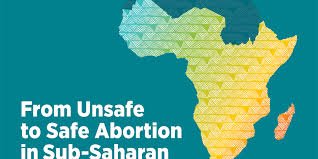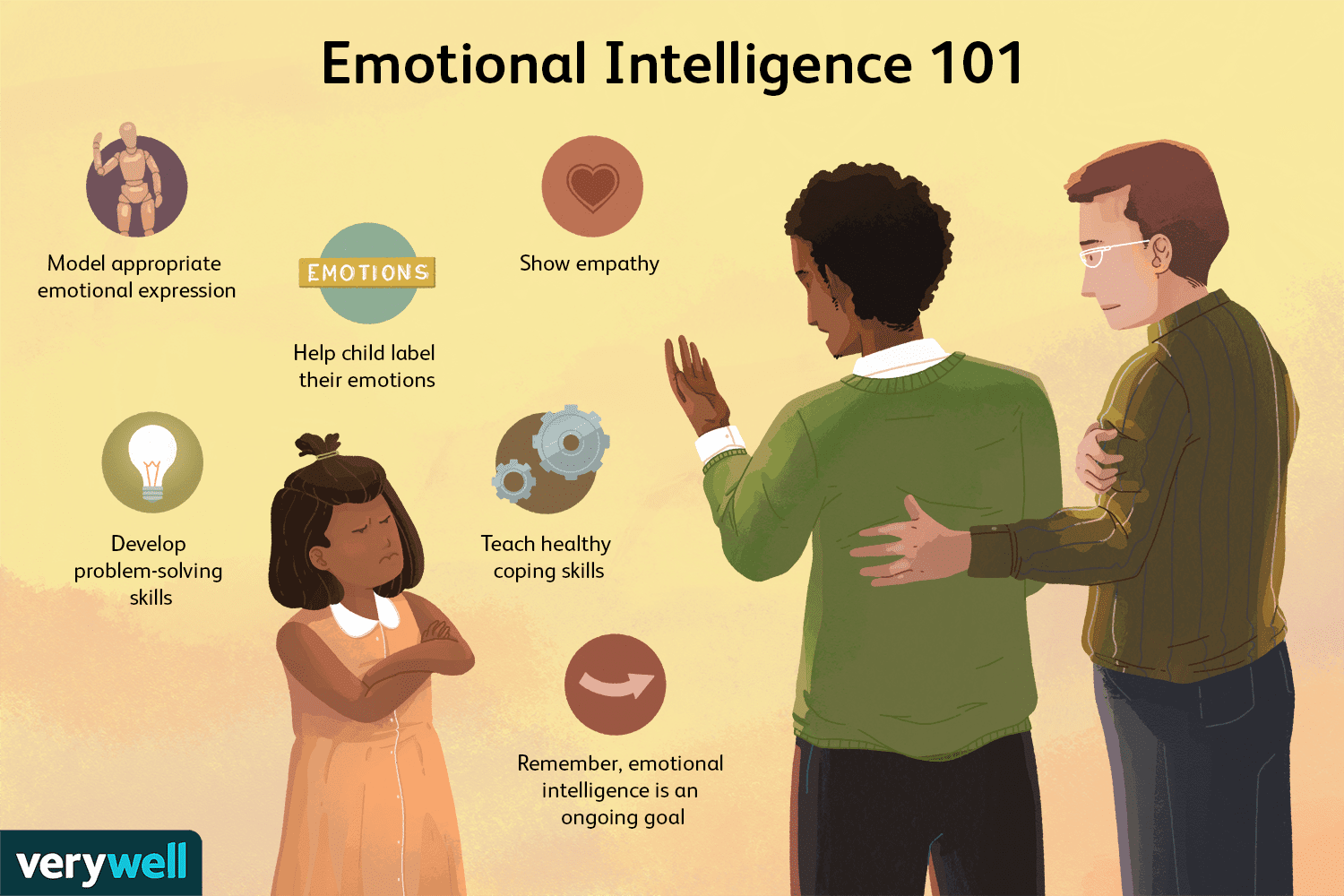In many African countries, accessing safe and legal abortion remains a challenge despite the presence of laws permitting the procedure under certain circumstances. The case of Efua, a 25-year-old fashion designer and single mother in Ghana, sheds light on the obstacles women face in obtaining accurate information and affordable abortion services.
Despite abortions being legal in Ghana under specific conditions since 1985, Efua’s experience highlights the pervasive misinformation and stigma surrounding the procedure. Concerns about legality and fear of judgment from both society and family members compelled Efua to seek an abortion discreetly, with only her middle name disclosed to protect her identity.
While the Maputo Protocol advocates for women’s rights to medical abortions in cases of rape, sexual assault, incest, or endangerment to the mother’s or fetus’s health, implementation across the continent remains uneven. In several countries, including Benin and Ethiopia, legal barriers coexist with practical challenges, such as resource constraints and misinformation.
Moreover, the influence of anti-abortion groups, often backed by conservative organizations, poses a significant threat to abortion rights advocacy efforts in Africa. Reports of harassment, intimidation, and targeted campaigns against organizations providing reproductive health services underscore the hostile environment faced by advocates and healthcare providers.
The role of technology giants like Google and Meta in disseminating accurate information about abortion further exacerbates the challenge. A recent study revealed restrictions on advertising by local abortion providers, while allowing misleading content from anti-abortion groups to proliferate, perpetuating falsehoods and hindering access to vital information.
Despite these obstacles, advocates like Evelyne Opondo remain steadfast in their commitment to advancing abortion rights in Africa. However, concerns persist about the escalating opposition leveraging tactics similar to those employed in the United States to undermine reproductive rights.
Efua’s story underscores the urgent need for accessible and reliable information about abortion and affordable healthcare services. Without proper support and resources, women like Efua continue to face significant physical, emotional, and financial burdens when navigating reproductive decisions.
Efforts to safeguard and expand abortion rights in Africa must address the multifaceted challenges posed by legal restrictions, social stigma, and misinformation. Only through comprehensive strategies and concerted advocacy can the right to safe and legal abortion be upheld, ensuring that women like Efua have the autonomy to make informed choices about their bodies and futures.



